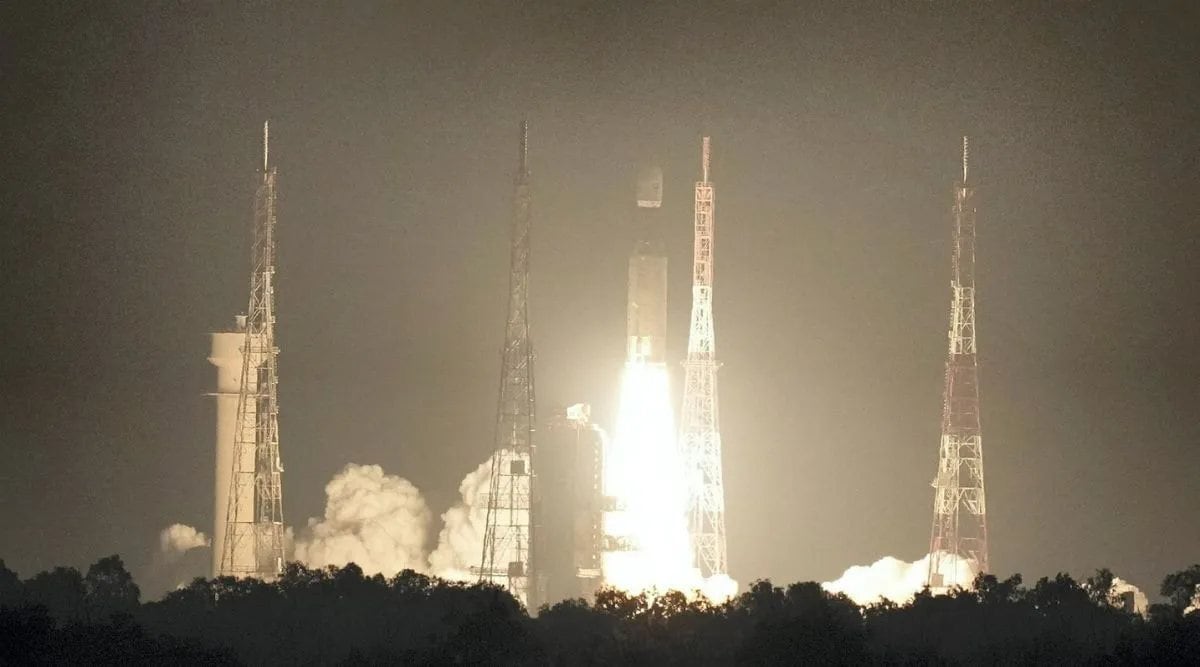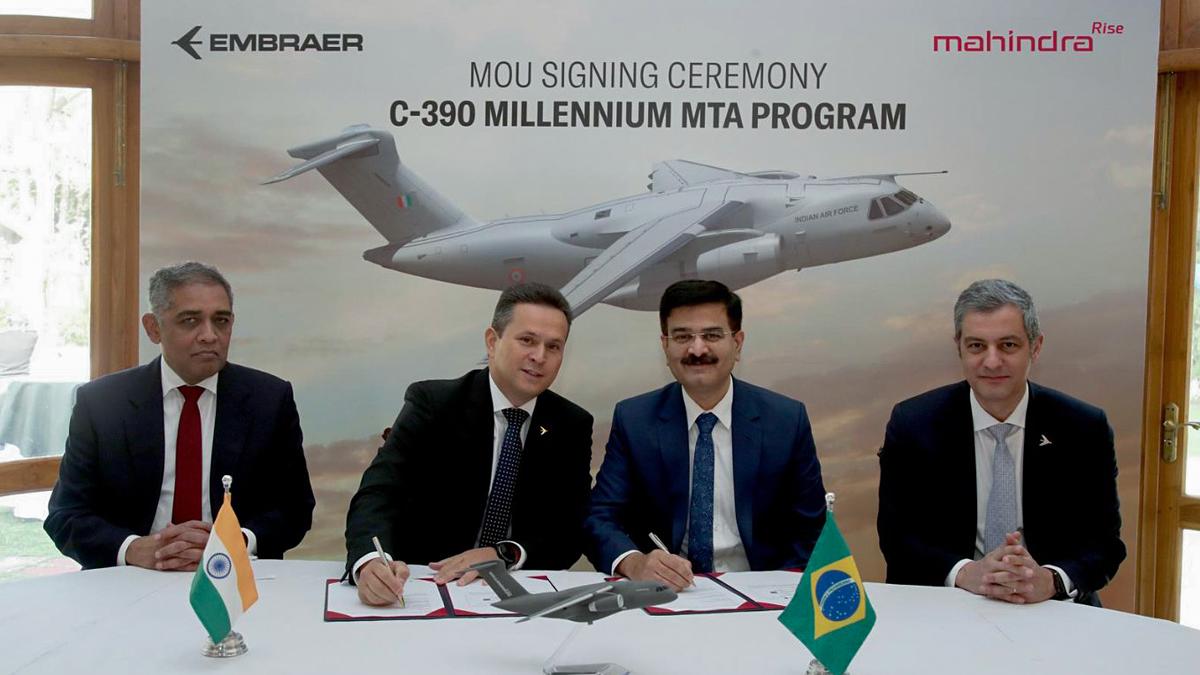The flight acceptance hot test of CE-20 engine has been successfully carried out in the High Altitude Test facility of ISRO Propulsion Complex (IPRC) at Mahendragiri in Tamil Nadu for a duration of 25 seconds.
The engine is earmarked for the LVM3-M3 mission identified for launching the next 36 OneWeb India-1 satellites, the Indian Space Research Organisation said.
Sources said these satellites of OneWeb, the London-based satellite communications company, are expected to be launched by the NewSpace India Limited (NSIL), the ISRO’s commercial arm, aboard LVM3 during January-February next year.
Friday’s flight acceptance test comes within days of the launch of the first set of 36 OneWeb satellites by the NSIL from the Satish Dhawan Space Centre (SDSC- SHAR) in Sriharikota on October 23.
“The cryogenic upper stage of the LVM3 vehicle (C25 stage) is powered by a CE-20 engine working with the LOX-LH2 propellants combination. This engine develops a nominal thrust of 186.36 kN in vacuum”, an ISRO statement noted on Saturday.
“The major objectives of the flight acceptance test were to confirm the integrity of the hardware, assessment of subsystems’ performance and tune the engine for meeting the mission requirements parameters for engine tuning for flight operation”, it said.
Analysis of the test data confirmed the satisfactory performance of the engine systems, the ISRO said, adding that this engine will be assembled to the C25 flight stage being integrated for the LVM3 M3 vehicle.
OneWeb had said its partnership with NSIL and ISRO demonstrated its commitment to provide connectivity across the length and breadth of India by 2023.
From Ladakh to Kanyakumari and Gujarat to Arunachal Pradesh, OneWeb will bring secured solutions not only to enterprises but also to towns, villages, municipalities and schools, including the hardest-to-reach areas across the country, it said.
“OneWeb’s commitment to enhance connectivity in India is backed by Bharti Global, its largest investor”, the company said.
NSIL Chairman-cum-Managing Director Radhakrishnan D had said: “We look forward to strengthening our partnership with OneWeb and utilising the potential that LEO connectivity has to deliver broadband services across India.” Last Sunday’s launch marked the rocket’s entry into the global commercial launch service market, according to the Bengaluru-headquartered national space agency.
NSIL, a central public sector enterprise under the Department of Space, had earlier signed two launch service contracts with the Network Access Associated Limited (OneWeb) for launching a total of 72 OneWeb LEO (low earth orbit) satellites on-board ISRO’s LVM3.
LVM3, ISRO’s heaviest rocket, is capable of launching a four ton class of satellite to Geosynchronous Transfer orbit.
LVM3 (Launch Vehicle Mark 3) is a three-stage vehicle with two solid motor strap-ons, a liquid propellant core stage and a cryogenic stage.
!function(f,b,e,v,n,t,s)
{if(f.fbq)return;n=f.fbq=function(){n.callMethod?
n.callMethod.apply(n,arguments):n.queue.push(arguments)};
if(!f._fbq)f._fbq=n;n.push=n;n.loaded=!0;n.version=’2.0′;
n.queue=[];t=b.createElement(e);t.async=!0;
t.src=v;s=b.getElementsByTagName(e)[0];
s.parentNode.insertBefore(t,s)}(window, document,’script’,
‘https://connect.facebook.net/en_US/fbevents.js’);
fbq(‘init’, ‘444470064056909’);
fbq(‘track’, ‘PageView’);







